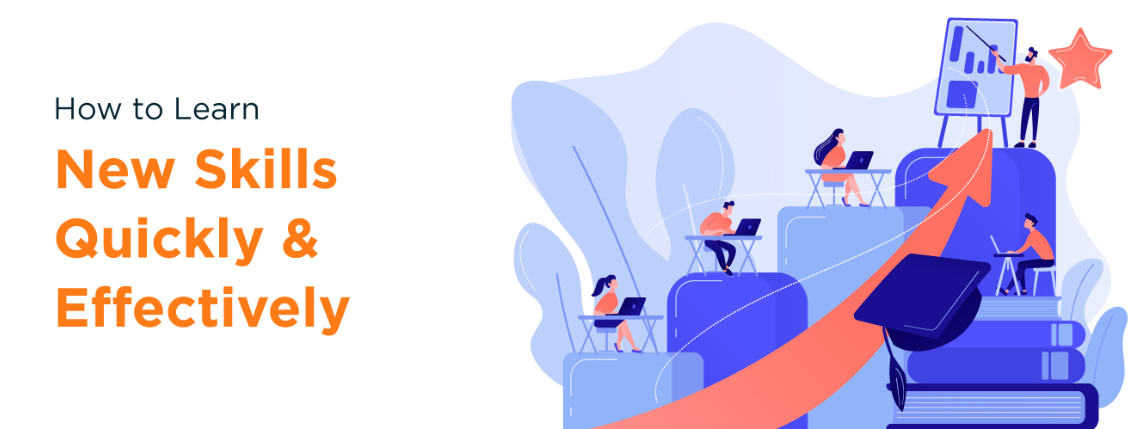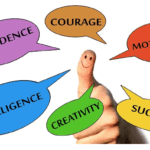How to Learn a New Skill Faster and More Effectively
In today’s fast-paced world, learning new skills quickly and efficiently is more important than ever. Whether you want to master a new language, pick up coding, or improve your cooking skills, the ability to learn effectively can set you apart. Here are some scientifically backed strategies to help you accelerate your learning process.
1. Set Clear and Specific Goals
Before diving into a new skill, define what success looks like. Instead of saying, “I want to learn guitar,” specify, “I want to play three complete songs within a month.” Having clear, measurable objectives gives you a sense of direction and motivation.
2. Break It Down into Small Chunks
The concept of “chunking” helps in mastering complex skills. Break the new skill into smaller, manageable parts. For instance, if you’re learning a language, focus on essential phrases before tackling grammar rules. This prevents overwhelm and keeps you progressing steadily.
3. Apply the 80/20 Rule (Pareto Principle)
Identify the 20% of knowledge or techniques that will yield 80% of the results. For example, in language learning, focusing on the most commonly used words and phrases can help you become conversational faster.
4. Engage in Active Learning
Passive learning, such as reading or watching tutorials, is not enough. Actively engage with the material by practicing, teaching others, or solving real-world problems. If you’re learning to code, write actual programs instead of just reading about syntax.
5. Use Spaced Repetition
Spaced repetition is a proven method for retaining information long-term. Instead of cramming, review information at increasing intervals over time. Apps like Anki or Quizlet can help reinforce your memory effectively.
6. Get Immediate Feedback
The faster you receive feedback, the quicker you can correct mistakes and improve. Whether it’s a mentor, an app, or a self-assessment, make sure you get timely feedback to refine your skills.
7. Embrace Deliberate Practice
Instead of just going through the motions, focus on improving weak areas. Deliberate practice involves setting specific improvement goals, pushing beyond your comfort zone, and constantly refining your technique.
8. Leverage Multiple Learning Modalities
People learn in different ways—visual, auditory, and kinesthetic. Experiment with videos, podcasts, hands-on exercises, and written notes to find what works best for you.
9. Stay Consistent and Avoid Burnout
Consistency is key to mastering any skill. Instead of long, exhausting study sessions, aim for regular short bursts of focused practice. The Pomodoro Technique (25-minute study sprints with breaks) can be very effective.
10. Adopt a Growth Mindset
Believe in your ability to improve. A growth mindset, as coined by Carol Dweck, helps you embrace challenges and see failures as learning opportunities rather than setbacks.
Final Thoughts
Learning a new skill doesn’t have to be daunting. By setting clear goals, using strategic learning techniques, and staying consistent, you can accelerate your learning and gain mastery faster. Apply these principles today and unlock your full potential!



